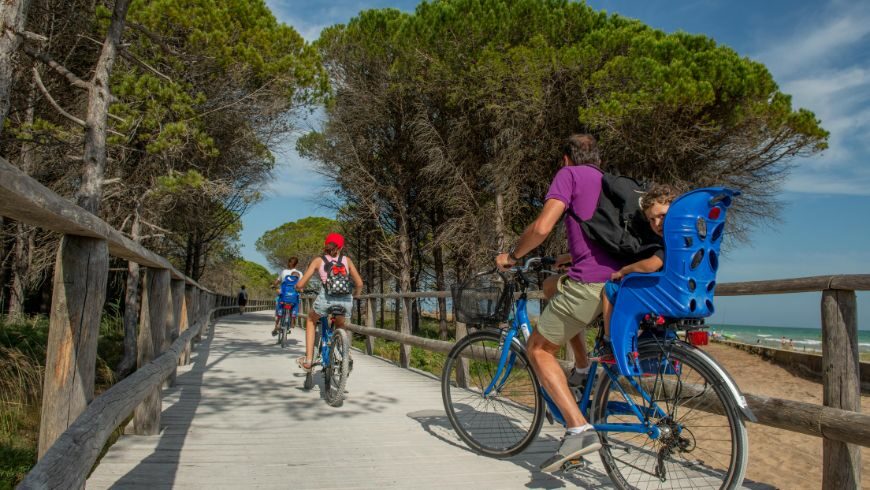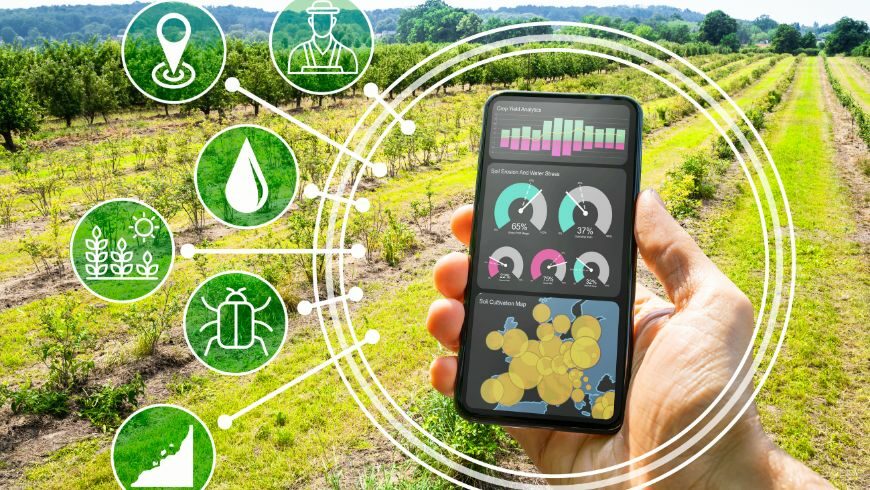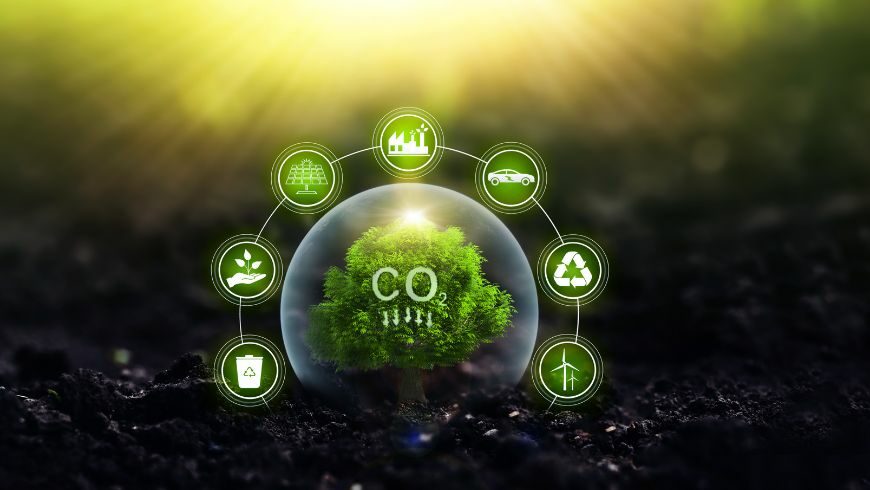The tourism sector is undergoing a significant transformation, driven by increasing environmental awareness and the need to adopt more sustainable practices. In this context, new technologies and artificial intelligence (AI) emerge as key allies to promote responsible, circular, and sustainable tourism, capable of preserving natural and cultural resources for future generations.
Sustainable Travel Planning
AI-based platforms are revolutionizing how we plan our trips. Advanced algorithms can suggest itineraries that minimize environmental impact, favoring low-impact transportation and less crowded destinations. Dedicated applications could provide detailed information on eco-friendly transportation, helping travelers make informed decisions right from the planning phase.

Intelligent Management of Touristic Resources
Artificial intelligence systems can monitor and manage sensitive tourist resources in real-time, such as natural parks and historical-cultural sites. By regulating access based on carrying capacity and anticipating peaks in attendance, it is possible to prevent environmental damage, avoid overtourism, and ensure a more authentic travel experience.
Support Services for Responsible Travel
AI-powered chatbots could serve as virtual guides, providing detailed information about visited locations and promoting responsible behaviors. These digital assistants could recommend sustainable practices, such as proper waste separation and adherence to local rules and regulations.

Environmental Awareness and Education
Apps and AI-based devices can play a crucial role in educating tourists about the environmental impacts of their travels. Through informative messages, challenges, and engaging games, the public can be made aware of sustainable practices and encouraged to adopt environmentally friendly behaviors.
Circular Economy and Traceability
The use of blockchain technology, which involves distributed digital ledgers capable of storing information of any kind, can promote a circular economy by enabling traceability and sustainable management of local resources. From food to local crafts, blockchain can ensure that tourists contribute positively to the local economy and resource conservation.

Personalized Tourism Experiences
AI-based recommendation systems could offer personalized itineraries, considering the traveler’s preferences and opportunities for engagement in sustainable activities. This approach not only meets the tourist’s expectations but also encourages participation in initiatives that benefit the environment.
Carbon Emission Monitoring
IoT sensors and AI algorithms can enable the monitoring of carbon emissions related to tourism. This data-driven approach helps identify and address critical points, improving efficiency and reducing the overall environmental impact.
AI could also assist hotels in measuring and managing their carbon footprint. Through the integration of smart sensors and artificial intelligence algorithms, hotels can gain valuable insights into their energy consumption, implement low-impact technologies, and contribute to a more sustainable hospitality sector.

In conclusion, new technologies and artificial intelligence are bringing about significant changes in the tourism sector, making circular and sustainable tourism possible. However, these innovations must be accompanied by a common commitment to educate tourists and engage local communities. Only through global collaboration can we ensure that the tourism of the future is environmentally respectful and culturally responsible.




